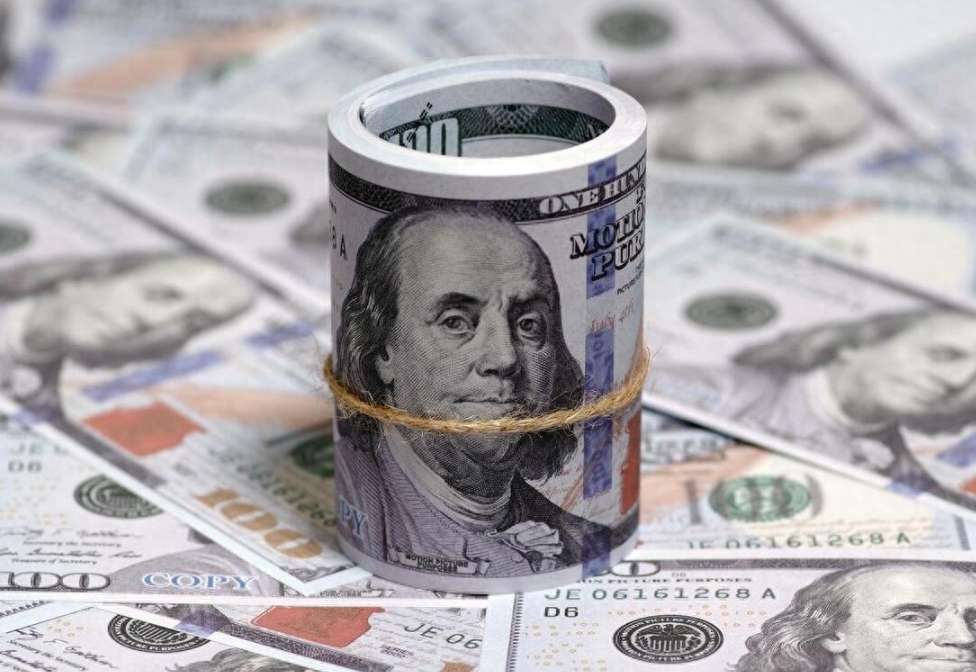The global economy is in a turbulent state, with various nations expressing growing concerns regarding trade relationships and protectionist policies, particularly influenced by the United States. The remarks from Joachim Nagel, the President of the German Federal Bank, encapsulate the anxieties permeating the European landscape. According to him, the ramifications of U.S. trade tariffs and protectionistic stances are particularly pronounced for Germany, projecting a bleak economic future for the nation that historically thrives on its export-oriented economy.
Nagel's observations underscore the heavy reliance of Germany on foreign demand for its exports. This dependence has rendered the country particularly vulnerable amid declining global demand. "Increased uncertainty is another barrier," he noted, pointing to the unsettling effects of such trade policies which not only jeopardize economic forecasts but also inhibit growth potential. It is indicative of a broader trend of escalating protectionism, with Germany's economic output projected to be under significant strain; estimates suggest a potential decline of 1.5% by 2027 compared to baseline forecasts.
The German economy has not fared well recently. After experiencing a recession that extended into its second consecutive year, the forecast for 2025 remains grim, with further contraction looming. Economic growth is sluggish, barely expected to rise above 0.2% this year. Central to this downturn is the struggling manufacturing sector, which embodies the challenges of global competition and also reflects Germany's deep-rooted economic vulnerabilities. As economic pressures mount, the possibility of negative growth remains a significant concern should U.S. President Joe Biden implement proposed tariffs comprehensively.

Highlighting the futility of protectionist strategies, Nagel succinctly stated, "There are no winners in protectionism." This assertion reinforces the belief that nations seeking to fortify their economic positions through tariffs ultimately incur welfare losses, a reality that may hit Germany harder than others due to their extensive export interdependence. The imposed tariffs may lead to higher consumer prices, although the impact on inflation remains uncertain. However, projections still place inflation around the target of 2% in the near term, indicating a complex interplay between tariffs, consumer costs, and the broader economic climate.
Since June of last year, with inflation rates stabilizing at around 2%, the European Central Bank has attempted to rejuvenate the lagging economy through interest rate cuts. Despite these efforts, Europe continues to struggle for growth, reminiscent of a ship adrift in a storm. Analysts assert that even with continued monetary easing, the European economic horizon offers little optimism in the immediate future.
Further complicating matters are the looming threats posed by President Biden’s tariff policies. Multiple times, he has expressed discontent regarding the trade imbalance between the U.S. and Europe, threatening to impose tariffs on European goods. Notably, he announced potential car tariffs aimed at European imports, which could stifle an already fragile market. He argues that American automobiles have faced unfair treatment abroad, with the EU imposing a significantly higher tariff rate on U.S. vehicles compared to what the U.S. levies on European imports. Yet, the dynamics of the trade deficit are multifaceted, influenced by broader factors such as domestic consumption patterns, industry structures, and the status of the dollar globally.
The simplistic assumption that increasing tariffs could rectify trade deficits reflects a short-sighted strategy that risks destabilizing the very order that governs global trade. For the U.S. and its European partners, the imposition of such tariffs threatens not just economic repercussions but also challenges the ideological foundations of free trade.
Indeed, the significance of the U.S. market as a primary export destination for European goods cannot be overstated. With the potential for President Biden's tariff policies to exacerbate Europe’s already delicate economic circumstances, the impact would be particularly visible in nations like Germany. According to Brian Coulton, chief economist at Fitch Ratings, the adverse effects of such policies are expected to be particularly debilitating for European economies grappling with internal growth issues amidst various socio-economic challenges—including aging populations, slow labor market reforms, and difficulties in fiscal policy coordination.
Germany stands at a precarious crossroads. The country’s economy is notably export-oriented, with exports making up a significant portion of its GDP; a reality that magnifies innate vulnerabilities in light of U.S. tariffs. The German automotive industry, a linchpin of its economy and a competitive force in the global marketplace, has already faced mounting pressures prior to any tariff adjustments. The recent transformation of the automotive sector in response to newfound competition and shifts towards electric mobility indicates potential hurdles ahead. The prospect of tariffs applied to their exports could exacerbate the challenges faced by an industry already grappling with significant transitions.
On a broader scale, the intersection of trade policy and economic resilience raises pressing questions about the future. Will nations continue to adhere to protectionist measures that jeopardize not only their standing but also global economic stability? The narrative being drafted underlines a challenging future that necessitates robust dialogues around trade partnerships, sustainable growth, and the pursuit of economic strategies that prioritize cooperation over division.
Ultimately, the path forward lies in the nuanced understanding that protectionism leads to a race to the bottom—where nations fall prey to isolationist policies that hinder the mutual benefits derived from open trade. For Germany and the broader European community, re-evaluating strategies in light of evolving global trade dynamics will be essential in safeguarding their economic prospects amidst looming uncertainties.